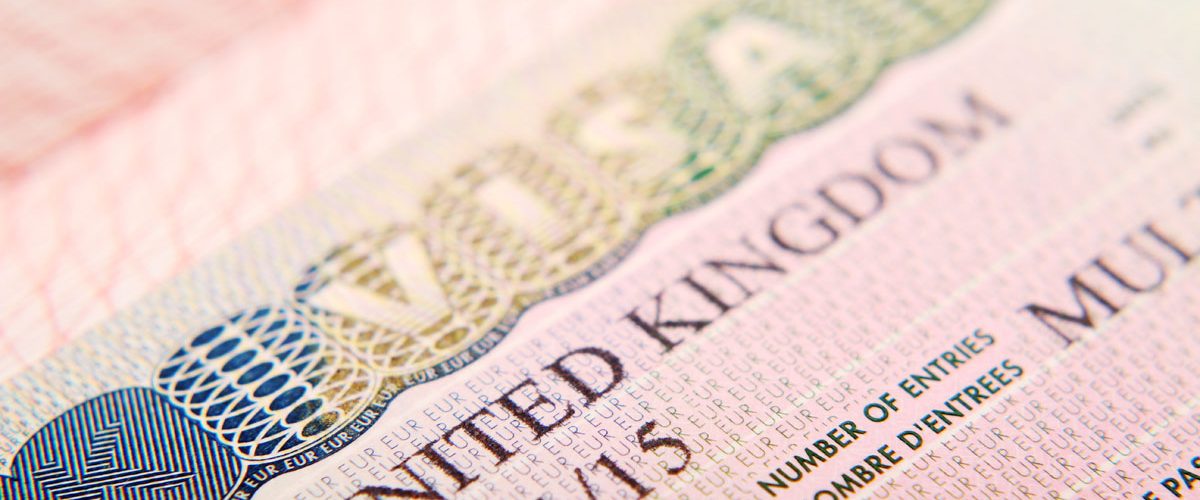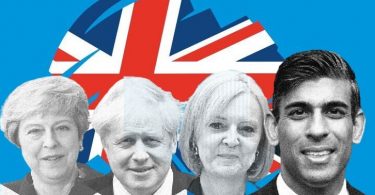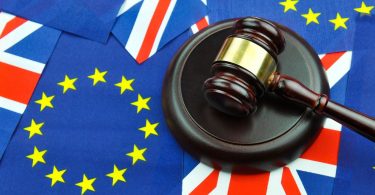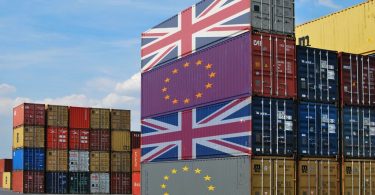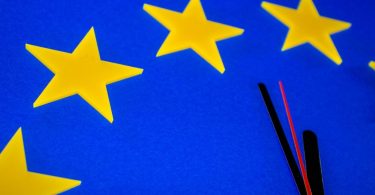Britain’s politicians, pro- as well as anti-Brexit, seem to agree on the need for a transition deal after the UK leaves the EU on 29 March 2019. But, warns Martin Howe QC, Chairman of Lawyers for Britain, such a deal will not deliver the early certainty that some business leaders seem to expect from it and will impose heavy costs across the whole UK economy in return for limited benefits for the sector of the economy exporting into the EU27.
In a new Politeia analysis The Cost of Transition: Few Gains, Much Pain? Martin Howe explains that under the Article 50 framework, there can be no transition deal unless and until both parties know what the end point is. ‘The EU has legal power under Article 50 to conclude a transitional arrangement, if but only if, the end state to which the transition will lead has been agreed at least as a framework’.
However, the EU has not only refused to reveal its hand and begin formal negotiations, it is unlikely to do so or play its ‘trump negotiating card’ until the ‘eleventh hour’, he says. By then the UK government could be panicked into agreeing almost anything and conceding to EU demands for money and other terms, if only to avoid the post-Brexit ‘cliff edge’ caused by lack of preparation. With Whitehall and government lulled into complacency with inadequate preparations to leave, the UK could be going ‘completely naked into the conference chamber’.
Martin Howe warns that we should be under no illusion about the implications of the transition arrangement. In particular:
By continuing in a customs union with the EU:
- British households will lose out on the Brexit dividend of lower cost food and clothing. Though tariff-free EU-UK trade would continue, non-EU imports would be subject to the existing EU tariff rates with the UK voluntarily matching the EU’s external tariff after leaving. The upshot politically and economically would be grave: ‘Viewed in crude political terms, … the Brexit dividend for lower income voters could not begin to come through until … only a few months before the next General election, ….too late…to affect the political climate.’
- The UK would have to delay forging new trade deals. Staying effectively in the EU customs union during the transition would delay the UK’s new trade deals with non-EU countries, and could cost the UK dear especially if the US or other administrations change and are no longer set to offer the UK a deal at ‘the front of the queue’.
- The UK’s ability to govern itself and make its own laws would be severely undermined, e.g. on tariffs and EU non-tariff standards applied to goods imported from outside even after we have left.
Nor do the reasons for deferring customs controls add up.
The Chancellor’s announcement suggesting a reluctance to spend money on Brexit preparations before it is necessary means that UK ports have not started putting in place their customs posts. This follows a Treasury-inspired August position paper with an entirely unworkable (and undesirable) proposal to ‘align the UK approach to the customs border in a way that removes the need for a UK-EU customs border’. This Treasury idea would involve continued collection of EU-level tariffs on goods from third countries even where they should be entering tariff-free under the UK’s own rules, coupled with a complex tracking system of goods all the way to the consumer in order to make sure that goods which do not match EU standards do not migrate into the EU market. This approach is entirely unrealistic, will not be accepted by the EU, and is anyway not in the UK’s interests.
Rather, the government must make urgent and immediate preparations for customs controls at British ports.
‘The cost of setting up customs facilities at Channel ports and building overflow lorry parks on the A2 is trivial compared with the staggering costs of a transitional customs union arrangement’.
Tariff-free trade in goods could then take place between the UK and the EU during the transition using “rules of origin” controls, avoiding any need to keep the UK’s external tariffs aligned with the EU’s. Above all, whether or not there is a transition agreement, the UK must not mirror the EU’s external customs. Instead, as Martin Howe concludes, the UK must ‘leave the EU’s customs union as planned on 29 March 2019, both in name and reality’. Otherwise, though ceasing formal EU membership and giving up its vote on EU laws, its influence and its power of veto on future Treaty changes, the UK would at the same time: ‘remain subject to EU control of tariffs and external trade policy of a huge range of market related internal laws, with compliance overseen by the EU Commission and the European Court of Justice …’
The Cost of Transition: Few Gains, Much Pain? by Martin Howe QC is published by Politiea, 14a Ecclestone Street, London SW1W 9LT, and is available for download from the Lawyers for Britain website.

